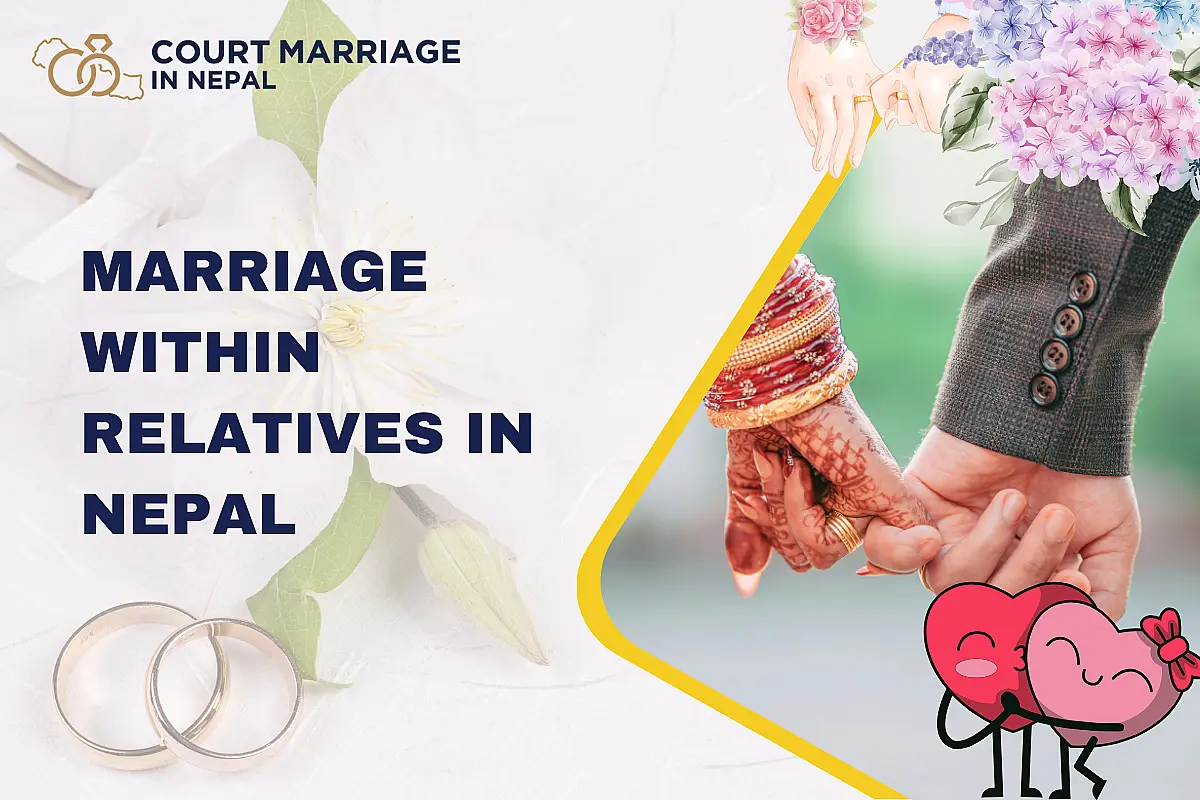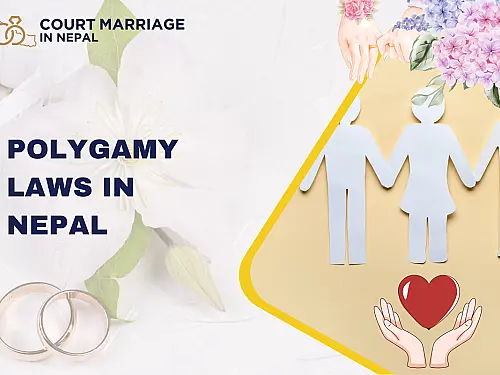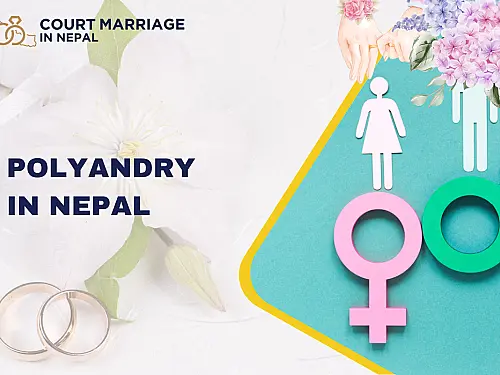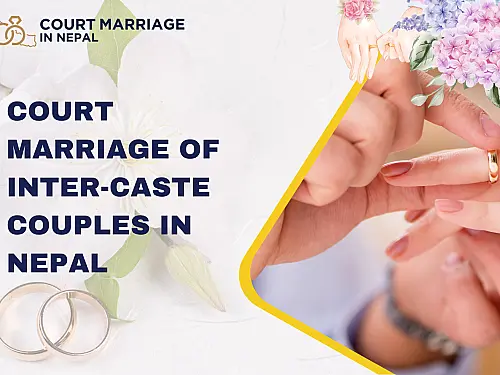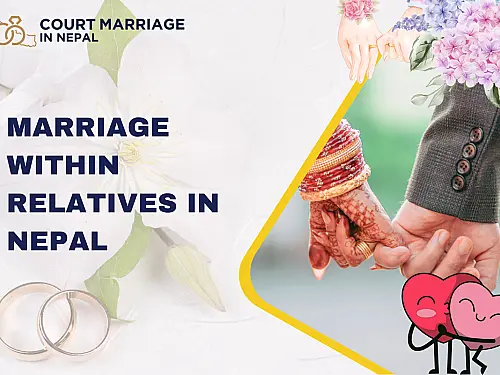When you think of marriage, you probably imagine two people who fall in love and decide to spend their lives together. But in Nepal, marriage is not just a matter of personal choice. It is also influenced by culture, religion, and law. And one of the things that affects who you can marry and how is blood relation or kinship.
Blood relation or kinship means how closely you are related to someone by sharing a common ancestor. In Nepal, blood relation is very important because it determines your social status, rights, obligations, and eligibility for marriage. In this article, we will explore some of the aspects of marriage within relatives in Nepal.
How do you prove your blood relation in Nepal?
To prove your blood relation to someone, you need a relationship certificate issued by the local government body. The relationship certificate shows how you are related to someone based on your family tree and history. The relationship certificate is needed for many purposes, such as applying for a relation visa, getting citizenship, inheriting property, or marrying someone.
A relation visa is a type of non-tourist visa that allows foreigners who are related by blood to Nepali citizens to stay in Nepal for a longer time. The relation visa is given by the Department of Immigration for up to one year and can be renewed every year. The relation visa holders are not allowed to work in Nepal without getting a work permit from the Department of Labour.
To apply for a relation visa, you need to show the following documents:
• A relationship certificate issued by the local government body showing the relationship with the Nepali kin (original and photocopy) along with other documents to prove your relationship.
• A citizenship certificate of the kin (original and photocopy). The kin should not have a foreign passport and should come with you to the Department of Immigration for verification. The kin should be related to you by blood within three generations.
• A passport and latest visa (photocopy).
• An online form (relation visa).
The visa fee is 10 USD per month. You need to pay 20 USD more for single re-entry facility and 60 USD more for multiple re-entry facility .
Who can you marry within relatives in Nepal?
In Nepal, marriage is controlled by the Muluki Ain or the Civil Code, which does not allow marriage between people who are related by blood within seven generations. This means that you cannot marry your parents, grandparents, great-grandparents, siblings, cousins, nephews, nieces, uncles, aunts, or any other relatives who have a common ancestor up to seven generations. This rule is for both Hindu and non-Hindu communities in Nepal.
But there are some exceptions to this rule based on the customs and traditions of different ethnic groups and castes in Nepal. For example, some groups allow cross-cousin marriage (marriage between children of siblings of opposite sex), such as the Thakali, Magar, Gurung, Tamang, Rai, Limbu, Sherpa, etc. Some groups also allow marriage between maternal uncle and niece or paternal aunt and nephew, such as the Newar, Tharu, Maithili Brahmin, etc.
So before you marry someone in Nepal, you should ask your elders and community leaders to find out if you are related by blood and if your marriage is okay according to your culture and religion.
What are the pros and cons of marriage within relatives in Nepal?
Marriage within relatives has both pros and cons depending on various factors such as social norms, genetic diversity, health risks, etc.
Some of the possible pros of marriage within relatives are:
• It keeps the family lineage and heritage alive.
• It makes the family bonds and loyalty stronger.
• It lowers the chances of divorce or conflict.
• It makes inheritance and property rights easier.
• It respects the cultural and religious values.
Some of the possible cons of marriage within relatives are:
• It lowers the genetic diversity and raises the risk of inherited diseases or disorders.
• It limits your personal freedom and choice of partners.
• It creates social stigma and discrimination.
• It raises the chances of domestic violence or abuse.
• It slows down the social integration and development.
Conclusion
Marriage within relatives is a complex and sensitive issue that involves many aspects such as culture, religion, law, health, etc. In Nepal, there are strict rules that do not allow marriage between close relatives within seven generations. But there are also some exceptions that allow marriage between certain relatives based on their ethnic or caste backgrounds. So you should be aware of the rules and regulations of marriage within relatives in Nepal and its effects before you make any decision.
At Court Marriage In Nepal, a registered law firm operating as Court Marriage In Nepal Pvt. Ltd., we specialize exclusively in Court Marriage Nepal. As the first law firm in Nepal dedicated to court marriage services, we assist both Nepali citizens and foreign nationals with the court marriage registration process in Nepal, including complete legal support for court marriage registration for foreign citizens in Nepal. As a trusted marriage firm in Nepal and a licensed law firm in Nepal, we ensure a smooth, lawful, and stress-free experience. Contact us today for confidential assistance with court marriage registration in Nepal.

